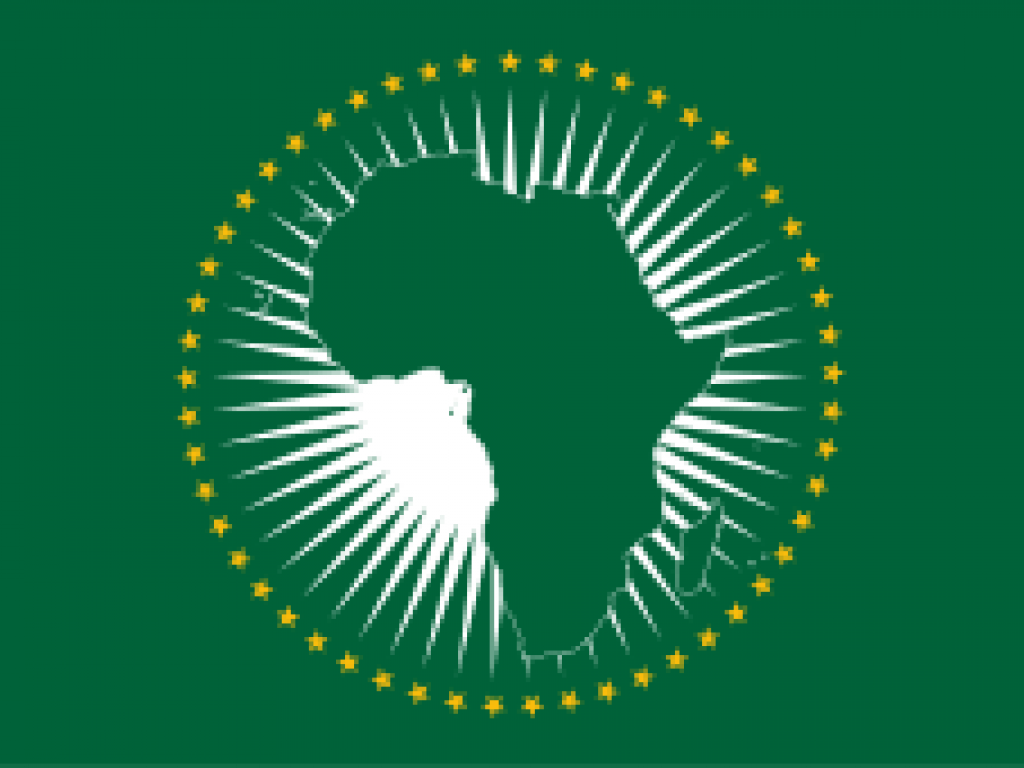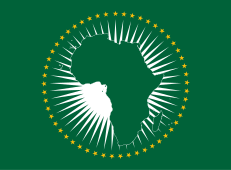African Union Solutions to Continental Challenges: Myth and Reality.


The IDCPPA held a one-day conference which aimed at creating a research platform to assess the challenges facing the African Union (AU) as it approaches 20 years of existence. It interrogated the myth and reality of the continental body’s achievements; i.e., the extent to which it has succeeded in addressing Africa’s challenges. The conference was opened with an inspiring keynote address by the Acting Dean of Humanities, A/Prof Shose Kessi. In her address, Professor Kessi challenged participants to find creative ways of addressing Africa’s myriad of challenges.
Participants to the conference
The conference brought together about twenty-five academics, graduate students, policy analysts, and civil society practitioners.
Objectives
The conference was held under the theme: African Union Solutions to Continental Challenges: Myth and Reality. Its objectives included:
i) Understanding the normative objectives of the AU; ii) Identifying key challenges facing the AU in relation to the normative-uptake of its panoply of treaties, protocols and norms by its constituent member states; iii) Discussing the strategies and processes to strengthen the ability of the AU to address continental challenges; iv) Examining how to encourage the strengthening of the relationship between civil society and the AU; v) Exploring how the AU’s relationship with Regional Economic Communities can be enhanced; vi) Elaborating key research findings and recommendations for strengthening the AU as it proceeds towards the implementation of Agenda 2063.
The conference highlights
Some of the major conference highlights were as follows:
There is something central about the identity of Africans, which should rally them around to forge unity; Xenophobia raises questions about being African; women face marginalisation and exclusion from social life; migrants and LGBTI communities continue to be marginalised and subjected to punishments.
Africa is not homogeneous-no one size fits all solution; How can we have unity at the continental levels when we are divided at national and local levels?; Africa’s development needs the youth dividend to be a reality; there is a disconnect between the AU and the ordinary African citizens; there is massive bureaucracy, not only at the AUC but also in RECs, NGOs and institutions of learning; some of the reasons for the slow pace of regional integration are failure to define the appropriate sequence of integration (between economic and political), overlapping membership, overreliance on primary exports, and conflicts; it is not all doom and gloom-we have made some strides-the big man syndrome by African leaders is increasingly getting challenged.
Lessons learned
Africa needs to prioritise economic integration; move away from inherited colonial economy; speed up the establishment of the ACFTA; there is a need for a regional approach to peacebuilding, reconciliation and transboundary dimensions of conflict; Africa needs to invest in sustainable peace; member states funding should be increased to demonstrate commitment; improve Africa’s mechanisms to deal with entrepreneurs of violence; and there is need for improved relations between states and CSOs.
Way forward
The presentations were very rich in terms of the content and analysis. The Institute will publish an edited book, based on the presentations made.
Story: Associate Professor John Akokpari